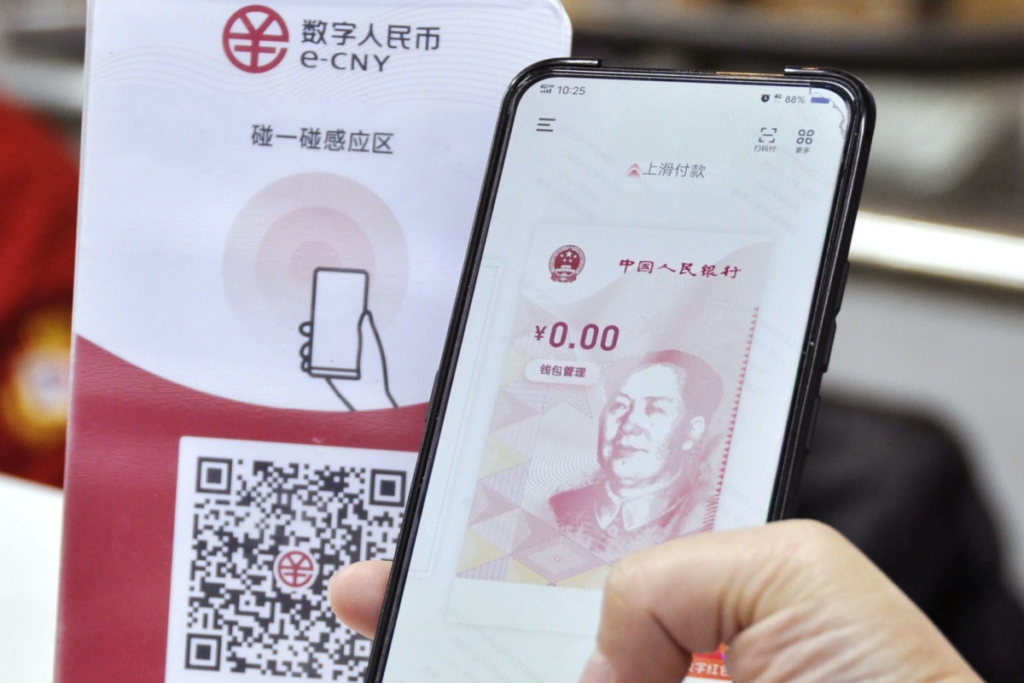China pays CBDC to workers who instantly cash out the cryptocurrency because they fear it may lose value later on.
A report suggests that some state Chinese employees paid in “e-CNY” or digital yuan occasionally convert it to tangible currency, indicating that China’s digital currency initiative is reportedly still in its infancy.
The South China Morning Post reported on May 13 that while some Chinese cities have begun paying state employees in the country’s CBDC, most of these early adopters promptly convert the currency to cash.
“I prefer not to keep the money in the e-CNY app because leaving it there earns no interest,” said Sammy Lin, an account manager at a Suzhou branch of the Chinese state bank.
“There are also not so many places, online or offline, where I can use the e-yuan.”
Andrew Wang, a civil servant, stated that the concept of digital currency did not cause him undue concern because only a tiny portion of his salary was paid in digital yuan.
However, his spouse, remunerated entirely in digital yuan, promptly converts the entire sum into fiat currency upon receiving her paycheck, citing the digital currency’s lack of practicality.

Wang stated, “She is unable to deposit funds or purchase financial products using the e-CNY wallet.”
SCMP’s report suggested that even though China has been a “functionally cashless” society for over a decade, many citizens still hesitate to use a solely digital currency such as the digital yuan due to broader concerns about surveillance and its limited utility.
In spite of these apprehensions, on July 20, 2023, the digital yuan was utilized in transactions totaling over $250 billion, according to Yi Gang, the former governor of the People’s Bank of China.
Ye Dongyan, a researcher at Beijing’s Cheung Kong Graduate School of Business, stated that if the government wishes to implement the digital yuan across the rest of China, more excellent care must be taken to balance privacy and security.
“Anonymity is a characteristic of paper currency, but the digital yuan is not.” He stated that further consideration is required regarding the distinction between information security protection and information monitoring.
According to Gang, the “Biggest challenge” of the digital finance era was the privacy concerns associated with the new CBDC.
Although program participants expressed privacy concerns, Gang stated at a forum in Beijing in March that the digital yuan “completely protects privacy” via “controllable anonymity.” Small payments are not tracked, but more significant transactions have a fee.
Several Chinese jurisdictions have been attempting to increase CBDC adoption since its inception in 2020; multiple cities have contributed more than 180 million Chinese yuan ($26.5 million) in subsidies and consumption incentives.
